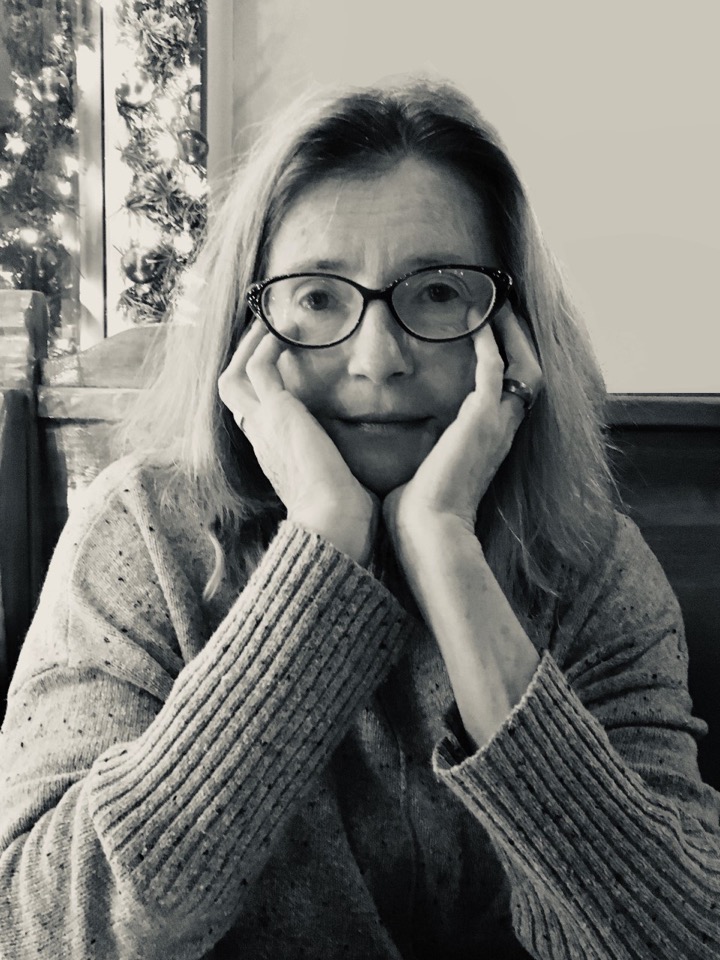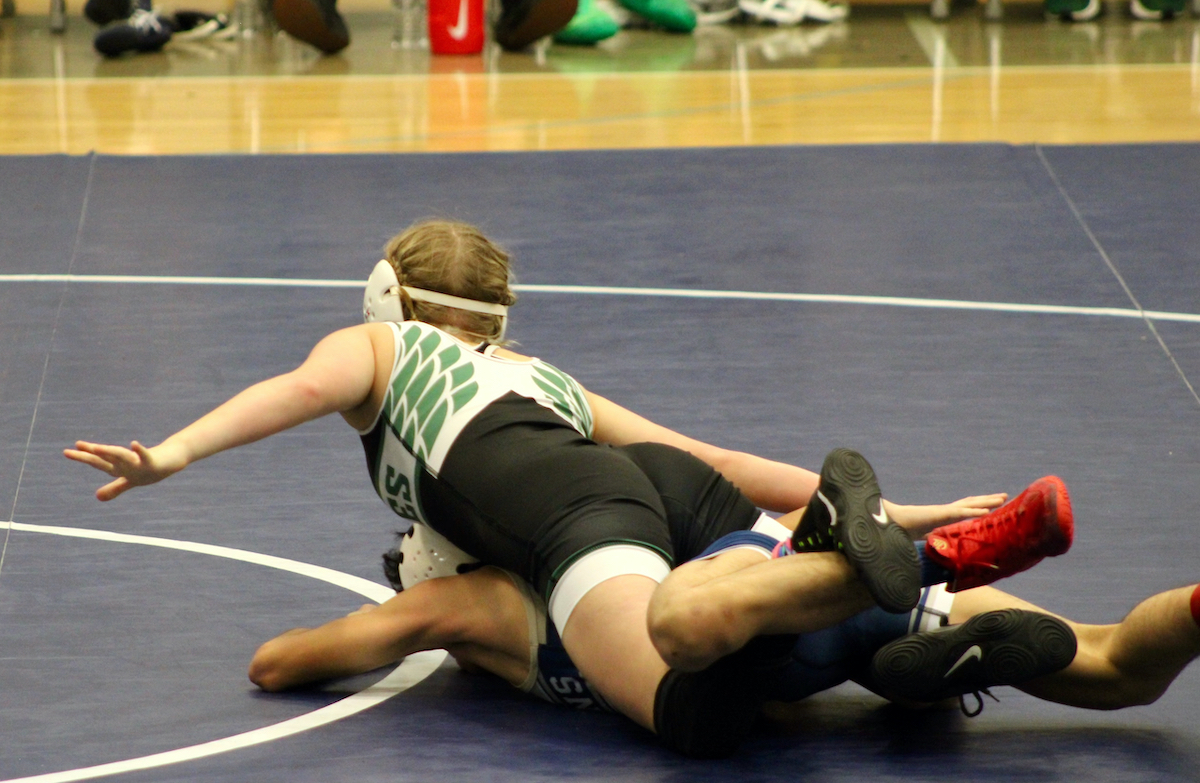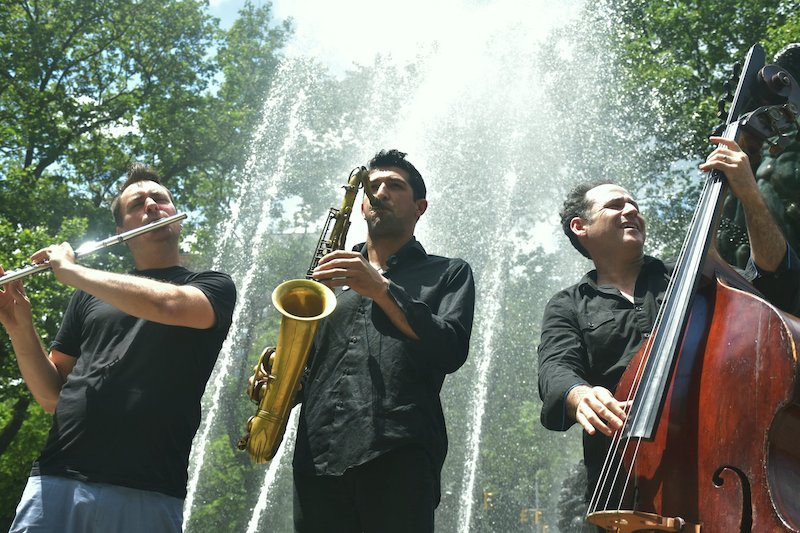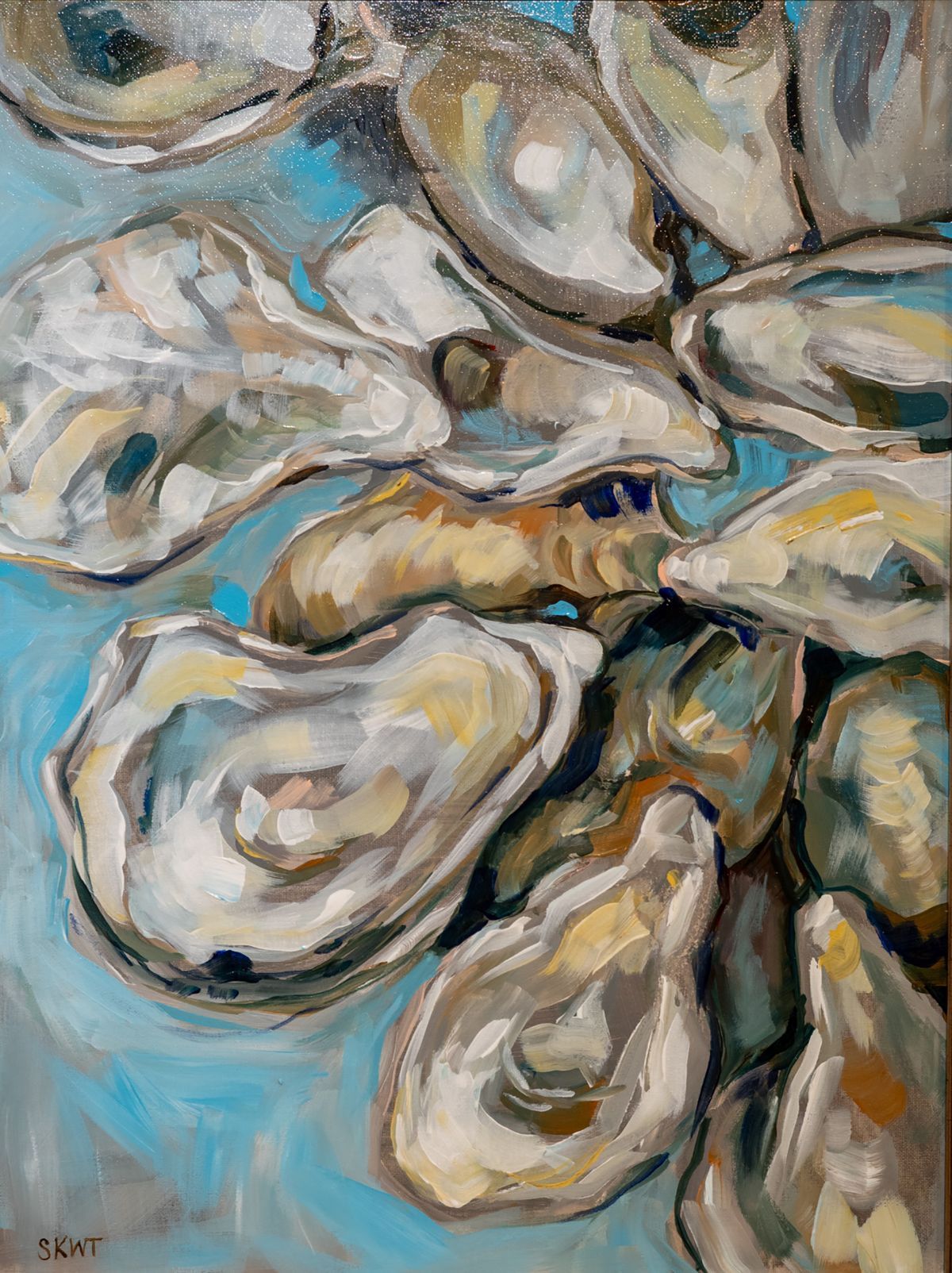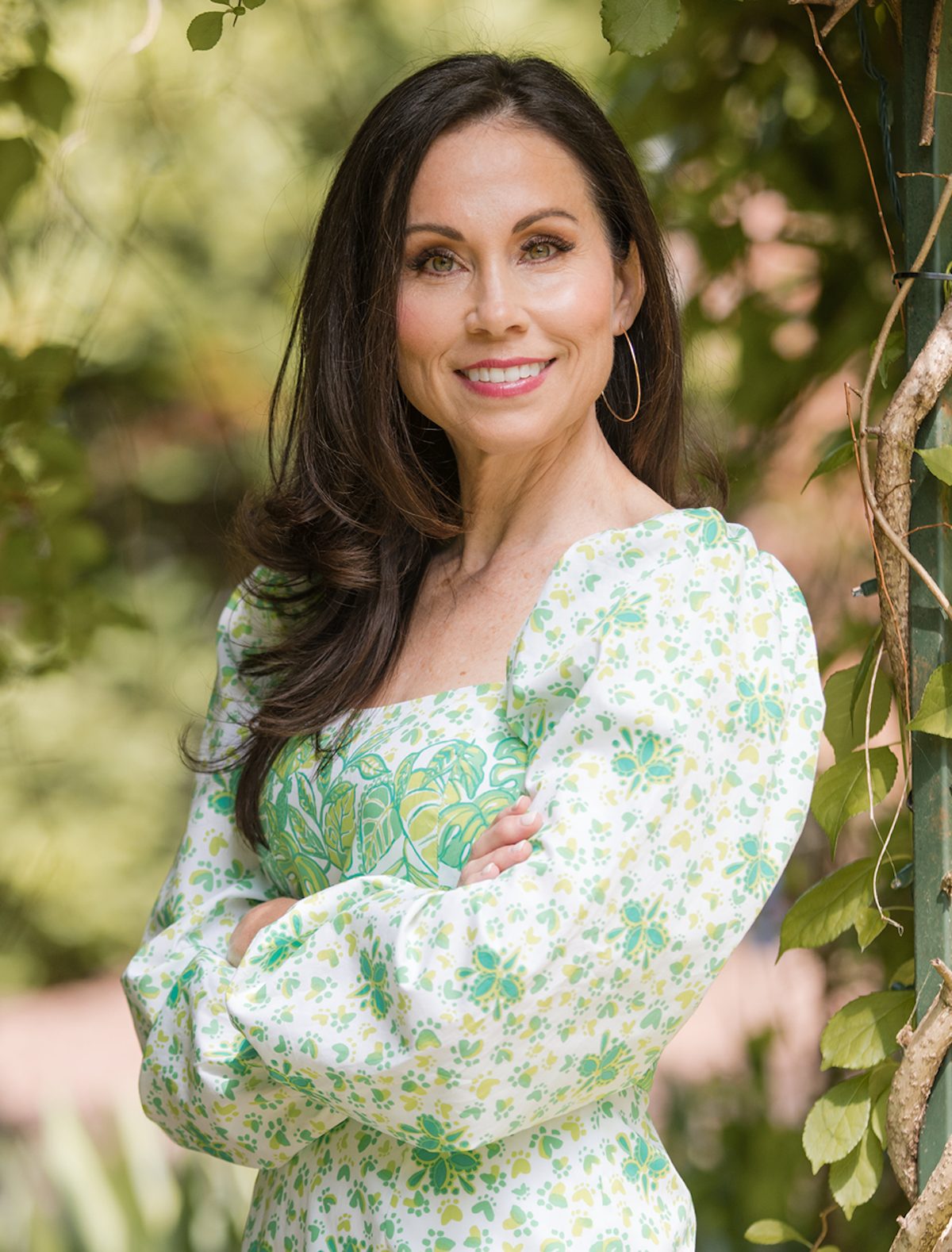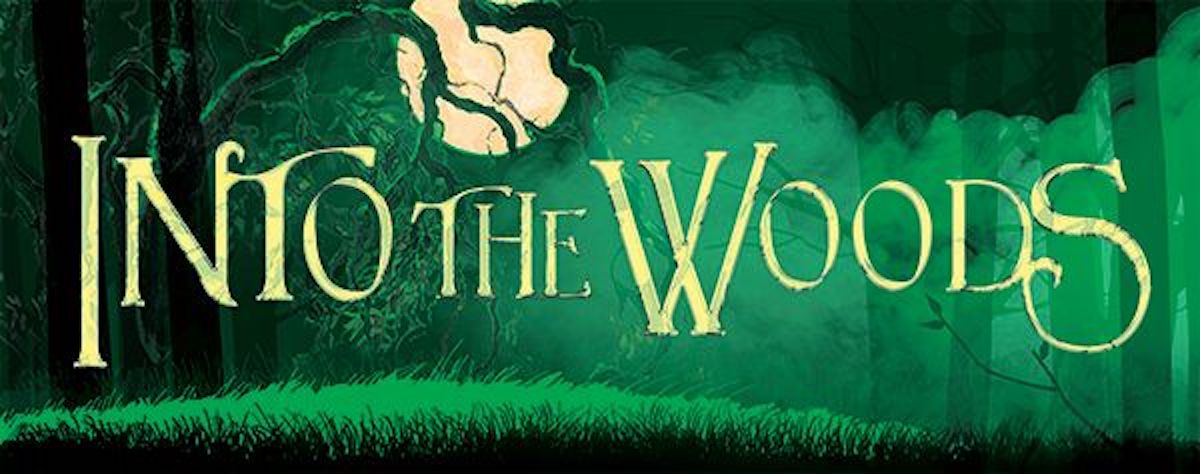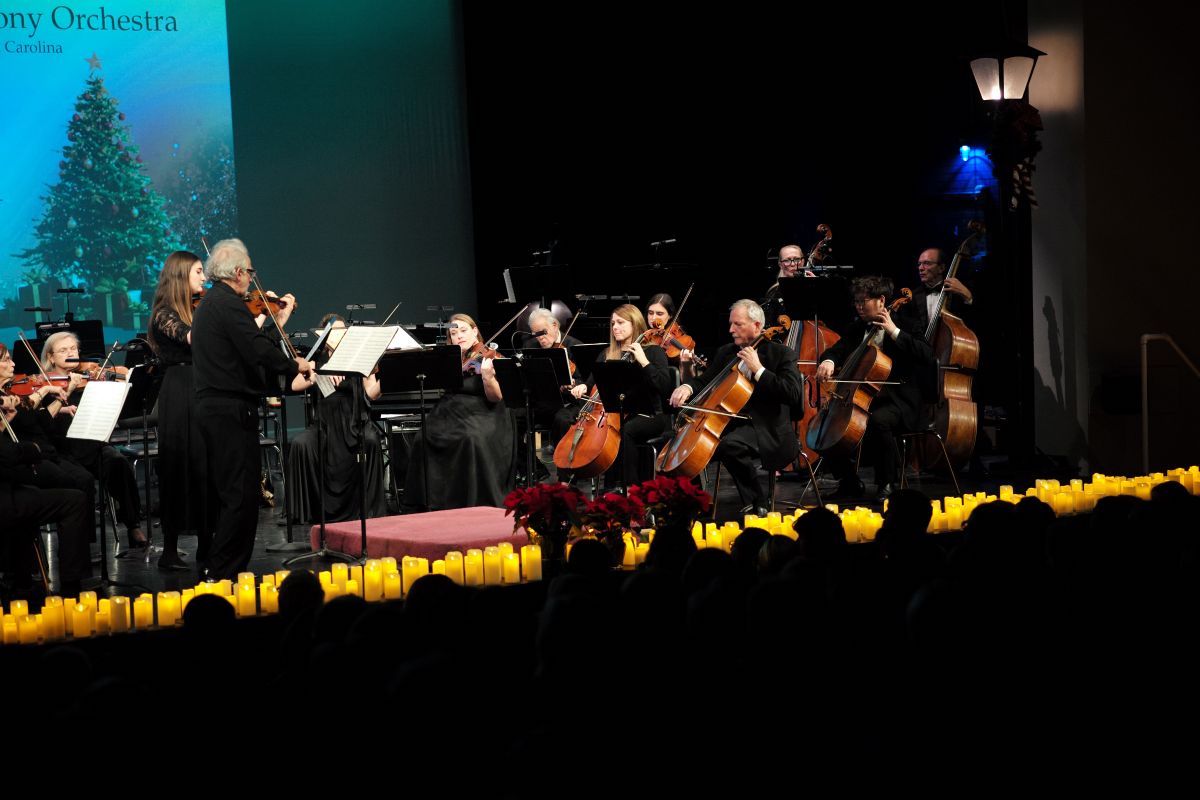Award-winning writer in Beaufort this week
By Susan Montanari
For The Island News
Hailed as both a “master of the essay” and writer of luminous prose, author Karen Salyer McElmurray will talk about her latest collection, “I Could Name God in Twelve Ways,” and her recent novel, “Wanting Radiance,” during her visit to Beaufort this week.
Though McElmurray, a National Endowment for the Arts fellowship recipient, traces her roots to the hollows of Kentucky, her scope is global. She shows us “how to reckon and ravel, how to unpack secrets, abandon maps, and learn from everything—even vertigo.”
The essays collected in “I Could Name God in Twelve Ways” combine to create a spellbinding story of a life, laying bare the trauma of her childhood, her fight with anxiety and depression, her travels from Appalachia, across the U.S., Europe, Australia, and India. We travel with her as she comes to terms with decisions she made as well as decisions forced upon her, and witness her triumph as she is able to say: I did it my way.
Recently, I had the privilege of speaking with McElmurray about her memoir, “I Could Name God in Twelve Ways.”
Susan Montanari: Your writing makes you vulnerable yet sets you free. How can you feel vulnerable but free at the same time?
Karen Salyer McElmurray: I think a lot about that word: vulnerable. In this context, I’m drawn to that phrase: “I invoke meanness and beauty and then there’s vulnerable.” I try to photograph something beautiful every single morning, and some of those things are deeply vulnerable. I photographed a leaf I saw the other day; it was lying on the pavement, it had fallen, and it was in the rain, but it was perfectly shaped like a mask. Torn. A vulnerable small thing. There is meanness in beauty.
I think it’s important to be vulnerable, but when we are made vulnerable, how do we navigate in the world? We are made vulnerable in this world right now—Los Angeles is on fire, we have lived through a massive pandemic, the world is changing, we must find our way in the midst of it.
SM: With that in mind, how do you associate being vulnerable with your writing?
KSM: Dorothy Allisson said: “Until we are willing, as writers, to go to the hardest place, our writing won’t be worth a damn.” This resonates with me. I believe that. I believe in opening my life and examining it. I’m not talking about throwing down paint on a canvas, or throwing words on a page. I’m talking about taking difficult experiences and shaping them into something I humbly call art. Vulnerability lays at the heart of that.
SM: You equate family secrets to hunger and that even now you wonder if that hunger was real. Can you expand on that?
KSM: There was literal hunger in my family. In terms of the body, my mother was long subject to mental illness. Her mind interpreted that she was fat, overweight. She weighed herself every single morning and she weighed something like ninety-nine pounds. This hunger to control the body, this hunger was an interior thing.
But also, in my family we kept things deeply secret, and I hungered to know the truth. In terms of keeping secrets, my cousin was a suicide in his twenties. My mother’s family never talked about it, and when they referred to it, they said, ‘when that happened to him’ as if it came from the outside rather than from within. Nobody ever talked about it as a truth. My mother didn’t know I had a child at fifteen and give him up for adoption until I was in my thirties.
Consequently, I have this great hunger for discovering and writing the truth. I have hungered to know the truth about my childhood and my relationship with my mother, my family at large, and I have written the truth as I experienced it. But it’s a precarious balance. My account is questioned. Some members of my family suggest I may have remembered it different than it was.
I think one of my tasks as a woman and as a writer is to open up those truths, to open up the secrets, not only that but to find my voice as a woman and as a writer. A friend of mine once said beautifully, “What we need to do is find our voices, those wicked and terrible blooms.”
SM: Your great Aunt Stella was a recluse who never left the four walls and single window of her bedroom. Would you compare these walls to the emotional walls you carried even though you travelled the world?
KSM: I’ve never been physically locked away as Stella was, but I certainly was locked away in terms of finding my own power and finding a way to translate that power into a strong voice. I’m still working on that. I was certainly taught to be humble. My dearest family member, my grandmother, believed in humbleness, but that often translated into I kind of meekness, I think.
SM: You write that you feel drawn to the mountains of Eastern Kentucky, while your parents used education to escape from there. What draws you back?
KSM: In simple terms, the mountains are holy to me. I don’t mean in terms of organized religion. I come from the mountains of Eastern Kentucky, I come from Appalachia. Though it has been a difficult place, in terms of my family, it is still greatly holy to me. Those mountains they made me. It’s where I came from. The ghosts of my ancestors are there. My very self is there.
SM: At the end of this memoir, your own body becomes a metaphorical spirit house for the spirits of your ancestors dead or displaced by dysphoria. How does that coincide, with your need to escape from the coal mines and mountains of Appalachia?
KSM: I’ll quote Oscar Wilde, ‘Each person kills the thing they love.’ I think that’s been my relationship with my ancestors and the place I love so much. I’ve both tried my best to get away from there to become whatever educated means, to become a strong woman, to define my life to define my place on the face of the Earth, and also tried as hard as I know to return to where I came from.
It’s that incredible tension between the two that defines my work. Leaving home and wanting it back. For me, the thing I love with all my heart is the very thing I want to escape with all my heart.
SM: Has the publication of this memoir set you free from the memories that seem to haunt you?
KSM: Has my memoir set me free from being haunted? I guess I like to think I’ve been set free from my memories about leaving something and wanting it back.
It’s been said trauma and PTSD is something you can never shed. Unlike a snake shedding its skin, trauma is something that will always be with you. It breaks you.
In New York, there is a statue of a woman that is cracked, and the cracks are filled with gold. It’s really beautiful. With the Japanese art of kintsugi, when something is broken and put back together, the cracks are filled in with gold. The gold represents strength. The more I write and write about my life, it’s like I’m filling in cracks with words, maybe that’s not gold, but the words are putting me back together.
Meet the Author
• A Book Talk with Karen Salyer McElmurray, 10 a.m., Thursday, Jan. 23, Dataw Island Community Center. Sponsored in part by WayWord Books. Free and open to the public.
• An Evening With Karen Salyer McElmurray, 5 p.m. Friday, Jan. 24, 2025, Pat Conroy Literary Center, 601 Bladen Street. Seating is limited; Please call 843-379-7025 in advance to reserve seating. Books will be available for purchase. Sponsored in part by WayWord Books. Free and open to the public.
• Endings and Beginnings Writing Workshop led by Karen Salyer McElmurray, 9:30 a.m. to noon, Saturday, Jan. 25, Pat Conroy Literary Center, 601 Bladen Street. Participation is limited to 12 people. $60 per person. Advance registration required at https://bit.ly/3WvxUQf.

